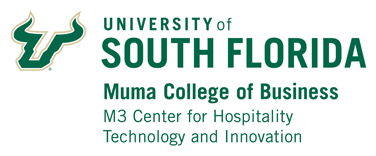Abstract
This study investigates how artificial intelligence (AI) tools influence deceptive digital practices within the hospitality industry. As AI capabilities such as chatbots and language models are increasingly used in the industry, their potential impact on deception warrants examination. A comprehensive review is conducted to analyze how hospitality businesses utilize AI tools and how this shapes deceptive behaviors online. Specifically, the review examines how AI-generated content may erode consumer trust and decision-making. It also explores the emerging use of machine learning to fabricate fake reviews and social media posts. As deception undermines trust in businesses and the industry, the effectiveness of current detection strategies is evaluated. The literature highlights that while AI offers benefits, it also enables new forms of deception that current approaches may not fully address. This study seeks to fill gaps in our understanding of how AI influences online credibility and shapes consumer behavior in ways that require mitigation. The results inform risk management and responsible practices, to maintain transparency and trust in the industry.
Keywords
social media, hospitality industry, digital deception, artificial intelligence (AI), tourism technology
ORCID Identifiers
Mohamed Youssef Helal: https://orcid.org/0000-0003-0994-4131
Mahmoud Ibraheam Saleh: https://orcid.org/0000-0003-0436-5624
DOI
10.5038/2771-5957.3.1.1047
Recommended Citation
Helal, M. Y., & Saleh, M. I. (2024). The art of artificial intelligence illusion: Exposing digital deception in the hospitality industry. Journal of Global Hospitality and Tourism, 3(1), 78-85. https://www.doi.org/10.5038/2771-5957.3.1.1047
Creative Commons License

This work is licensed under a Creative Commons Attribution-Noncommercial 4.0 License
Included in
Hospitality Administration and Management Commons, Technology and Innovation Commons, Tourism and Travel Commons


